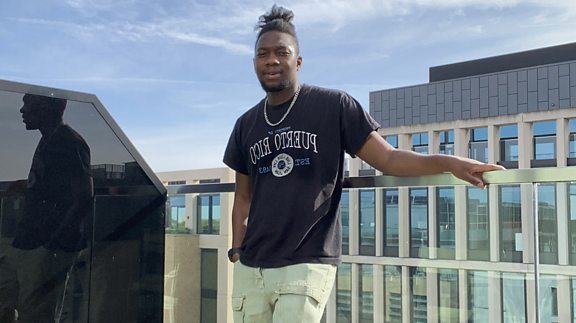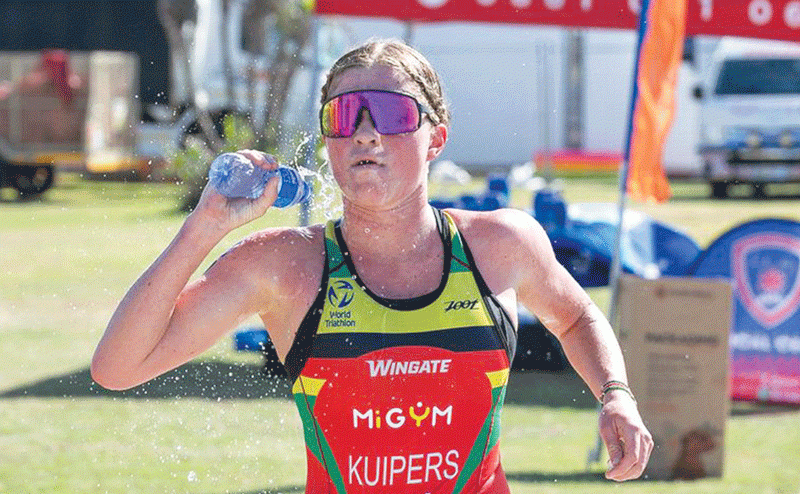MANCHESTER UNITED are “on a mission to build the best data platform in sport, not just football”, according to their new Head of Data Operations Chris Shumba.
United are belatedly embarking on the process of building a dedicated data science department. In October 2021, they appointed Dominic Jordan as their first Director of Data Science, although he did not officially start until the following March, because he had to serve a notice period with his previous employer, the retailer N Brown.
Shumba has also arrived from Manchester-based N Brown, where he was Lead Engineer and had worked alongside Jordan for a year. So too has Nick Grimshaw, who was Lead Data Scientist for N Brown, but never actually worked with Jordan there.
United’s other significant data science hire is Alex Kleyn, who, as TGG revealed in the summer, has joined from Southampton, where he was Lead Data Scientist. Kleyn has the interesting new title of Decision Scientist.
Jordan has previously said he expects data to be “transformational” at Old Trafford and that “the club is very much looking to be dominant in this space.”
Shumba, who started with United in March, expanded on this theme in an interview with BBC Teach.
He said: “I won’t disclose too much about my average week. However, I will say that we are on a mission to build the best data platform in sport, not just football. My typical week revolves around making this a reality.
“I was both excited and nervous before starting. I had never worked in football before, so I had no idea what to expect. Everyone has been so warm and friendly. I usually don’t feel like I am working because I am doing something I love. Being part of the club feels very special to me.
“When we think of data enablement, we think of the entire organisation.
As a data team, we are not only there to answer questions, but also to help people answer their own questions using data. This is a more scalable approach and one with bigger impact for the organisation and industry.”
Shumba grew up in Zimbabwe and did a degree in maths at Sheffield Hallam University and then a Master’s in statistics at Sheffield University.
He said: “I believe that organisations will strive to educate their workforces in data science in order to gain a competitive advantage. The majority of our time in data science is spent attempting to simulate human decision-making.
“I always consider my brain to be the first and most powerful computer. For instance, to get to school or work on time in the morning, you must leave at a certain time.
“Even though we have simplified the process in our minds, there is a great deal of information used to calculate the time we should depart the house and evaluate the assumptions we have made about our morning routine. This is just a simple example of how much information we are computing even for simple tasks like being on time.”







